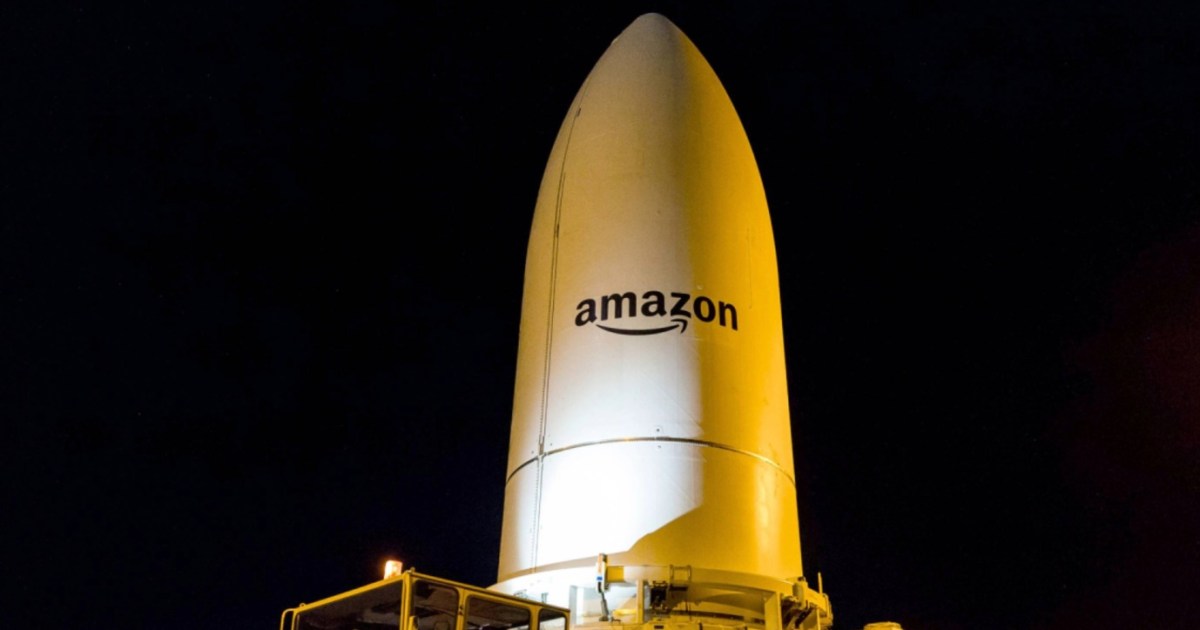
Attend the launch of Amazon's first satellites for the Project Kuiper today.
Amazon is competing with SpaceX through its high-speed satellite internet project, called Project Kuiper.
Casa Espacio DTES Amazon is competing with SpaceX through its broadband satellite internet service known as Project Kuiper. The first launch of the satellites for this project is scheduled for Wednesday, April 9, and will be streamed live from home. The mission will be conducted with an Atlas V rocket from United Launch Alliance at Cape Canaveral Space Force Station in Florida.
This launch, dubbed "KA-01," aims to place 27 satellites into an orbit 280 miles above the Earth. The event can be followed via the attached video or on United Launch Alliance’s YouTube page. Launch coverage will begin at 6:35 p.m. ET, with liftoff scheduled for 7 p.m. ET.
This is just the beginning of a series of launches aimed at implementing a network composed of 3,200 satellites in low Earth orbit. Amazon has planned a total of 80 launches, primarily using ULA rockets, although it will also turn to Arianespace, Blue Origin, and SpaceX to meet the growing demand. Rajeev Badyal, Vice President of Project Kuiper, commented, "We have designed some of the most advanced communication satellites ever built, and each launch is an opportunity to add more capacity and coverage to our network."
The launch process will include the rocket's liftoff, followed by the autonomous deployment of the satellites, which will then need to reach their final orbit using their electric propulsion systems. Each satellite will move independently and maintain communication with the ground control team, traveling around the Earth at speeds exceeding 17,000 miles per hour and completing an orbit every 90 minutes.
In an additional effort to establish Project Kuiper as the leading global internet provider, Amazon has successfully demonstrated optical links of 100 Gbps between its prototype satellites. The company plans to include laser links in all satellites of its constellation to create a mesh network in space.




